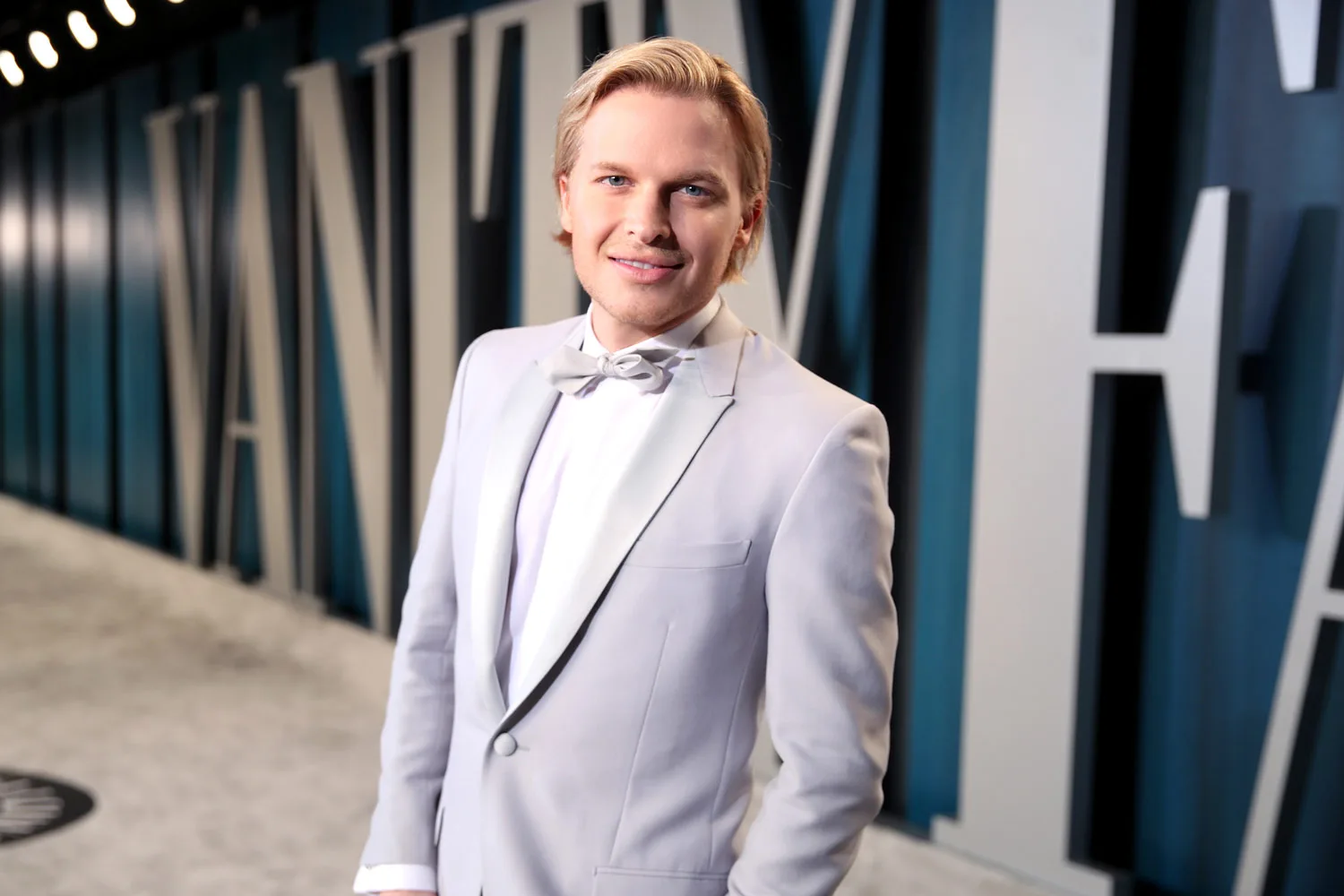Warning: This article contains descriptions of sexual abuse that may be upsetting to readers.
As disgraced film producer Harvey Weinstein returned to a Manhattan courtroom for the opening of his rape retrial, a new voice emerged in the long-running legal saga that helped galvanise the #MeToo movement.
On the 24th of April, prosecutors introduced allegations from Kaja Sokola, a former model from Poland, marking the first time her claims have been presented in a criminal courtroom. The retrial comes nearly a year after Weinstein’s previous conviction was overturned by New York’s highest court on procedural grounds. This week, Kaja Sokola will testify before the court.
“As you will hear when she testifies this week, Kaja was just a teenager when Harvey Weinstein, a rich and powerful 54-year old Hollywood magnate, preyed on her,” says Lindsay M. Goldbrum, Partner at Goddard Law PLLC who is representing Kaja.
What Are Kaja Sokola’s Allegations Against Weinstein?
According to prosecutors, Sokola met Weinstein in 2002 when she was just 16 years old, having travelled to New York alone to pursue modeling work. She alleged that a professional lunch invitation from the Oscar-winning mogul turned into an unexpected and unwanted detour to his apartment – where she says Weinstein demanded she undress and then groped her, forcing her to touch him inappropriately.
While the criminal charges pertain to a separate alleged assault in 2006, Sokola’s earlier experiences with Weinstein are now being used to establish a pattern of behaviour. Prosecutors say Weinstein forcibly performed oral sex on Sokola in a Manhattan hotel room after luring her there under the pretence of reviewing scripts.
“This trial is about power, accountability, and how long survivors have been forced to wait for justice. Kaja’s voice is powerful and clear, and it speaks for every person who was manipulated into silence and every survivor still waiting to be heard,” says Goldbrum.
How Did Weinstein’s Team Defend The Allegations?
Despite the traumatic encounters, Sokola remained in contact with Weinstein over the years – a dynamic prosecutors described as an example of the power imbalances young women often face in industries like entertainment.
“He held the keys to their dreams,” said Assistant District Attorney Shannon Lucey, addressing jurors during opening statements. “He wrote the script, staged the encounters, and directed their silence.”
Lucey emphasised that Sokola’s ongoing communication with Weinstein did not negate her claims. Instead, she said, it reflected the complicated reality of navigating ambition, survival, and fear in an industry long known for its blurred ethical lines.
Weinstein, 73, who now uses a wheelchair and appeared frail in court, has pleaded not guilty. His lawyer, Arthur Aidala, dismissed the prosecution’s claims as one-sided and misleading, arguing that his client’s accusers were complicit participants in what he characterised as a transactional Hollywood culture.
“The casting couch is not a crime scene,” Aidala said, asserting that the women made choices based on mutual benefit. “This is not the blockbuster the prosecution wants it to be.”

Why Was Weinstein’s Case Reopened?
Weinstein was originally convicted in 2020 of third-degree rape and criminal sexual acts, a watershed moment that helped validate the accounts of dozens of women who came forward publicly. But in 2024, New York’s Court of Appeals overturned the conviction, ruling that the judge had improperly allowed testimony about alleged misconduct not directly related to the charges.
That decision sparked outrage from survivors and activists who feared it would undercut years of progress in holding powerful men accountable for sexual abuse. The current retrial, expected to last six weeks, is being closely watched.
Sokola previously filed a civil suit against Weinstein, which resulted in a reported $3.5 million settlement. But this week marked her first time stepping into a criminal court proceeding.
Photos from the early 2000s show Sokola and Weinstein appearing together at public events. Prosecutors said Weinstein also arranged a reference letter for her to attend acting school – a gesture they argue was part of a long-standing pattern of manipulation and control.
Has The #MeToo Movement Changed The Landscape For Women?
“For far too long, the entertainment industry has been riddled with enablers who turned a blind eye, creating a culture where powerful men preyed on young women and girls with impunity—and while some progress has been made, there are still deep, systemic issues that must be confronted and dismantled,” says Goldbrum.
“Change is not possible without the courage of the brave woman like Kaja who have come forward to hold abusers accountable. Kaja, we are astounded by your steadfast courage, your bravery, and your spirit and we are proud to stand beside you.”



